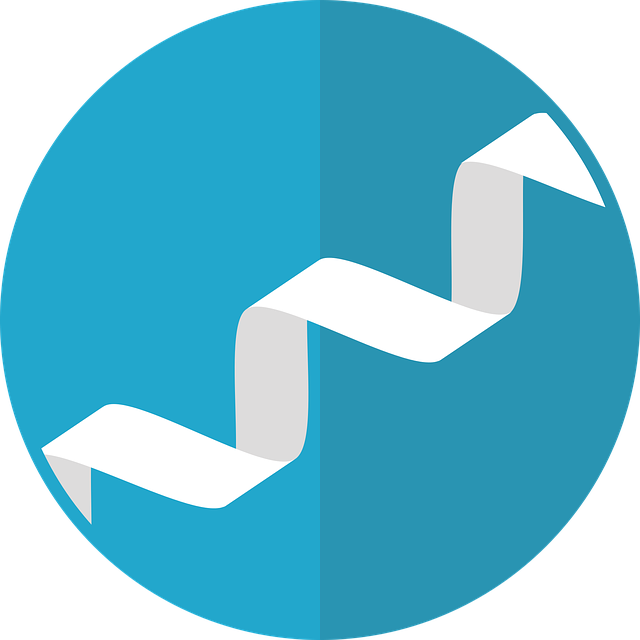
Why do we need Protein? What is it for? After water, our bodies mostly consist of proteins. Proteins are “the building blocks of life”. So, proteins are the main component of cells, essential to our health and life. Proteins are complex structures because they consist of many smaller units called amino acids. Also, some of these amino acids are essential, meaning they are crucial for life. However, we do not create them. Therefore, we must consume them through a healthy diet.
Sarcopenia Makes you Weaker.
Over the next two Wednesdays, we will deal with building strength as an older adult. Also, why you are getting weaker and how to reverse the cause of that weakening. So then, protein is the building block of your muscles. Therefore, eating adequate amounts of protein helps you maintain your muscle mass and promotes muscle growth when you do strength training. Numerous studies show that eating plenty of protein can help increase muscle mass and strength as you age.
Many Older Adults Consume Inadequate Protein
Why do we need Protein? For example, studies have found that up to half of older adults consume less than the recommended amount. The recommended dietary allowance (RDA) is a modest 0.8 grams per kilogram of body weight. The RDA is the amount of a nutrient you need to meet your basic nutritional requirements. So then, low levels are linked to the loss of muscle mass and functionality. And will help to increase the effects of sarcopenia. As a result, experts caution that this standard might not adequately address the health needs of the older population.
Recommended Daily Intake
Recommended intake. So, how much should seniors eat? As an example, for a 150-pound woman, that translates into eating 55 grams a day; for a 180-pound man, it calls for eating 65 grams. However, after reviewing additional evidence, an international group of physicians and nutrition experts in 2013 recommended that healthy older adults consume 1 to 1.2 grams per kilogram of body weight daily. In this case, a 25 to 50 per cent increase over the RDA. Consequently, that’s 69 to 81 grams for a 150-pound woman and 81 to 98 grams for a 180-pound man. Finally, these recommendations were subsequently endorsed by the European Society for Clinical Nutrition and Metabolism.
Should you take a Supplement?
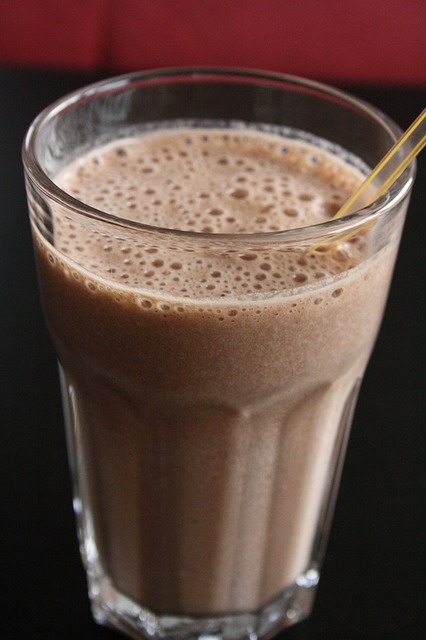
What about powdered or liquid supplements? Generally, there is no need for supplements unless someone is doing resistance training to counter the effects of sarcopenia. In this case, a supplement may be beneficial, but you should always seek advice from your doctor before starting any supplement. Incidentally, doctors sometimes prescribe protein supplements for elderly patients leaving the hospital to aid their recovery or if they are malnourished. So then, if you decide to buy a protein supplement, follow your doctor’s advice.
Protein is Crucial for Building Strength
Protein is one of the essential nutrients that is found in various types of food. And it is a macronutrient that is crucial for building muscle mass. In most cases, the primary sources of proteins are animal products. Furthermore, the human body requires it to help repair body tissues. Research proves that it helps people lose belly fat and weight while increasing strength and muscle mass. As a result, diets high in protein help lower blood pressure, fight diabetes, and more. However, lacking it leads to muscle mass loss, reducing strength and making it harder for individuals to have balance. And it is necessary to maintain an adequate balance of fluid in and outside of the cells of your body. Consequently, a deficiency can affect all parts of the body system.
A Balanced Diet with Protein
Foods That are high in protein will help you get stronger through resistance training. So then, high protein foods include lean chicken, lean pork, fish, lean beef, tofu, beans, lentils, low-fat yoghurt, milk, cheese, seeds, nuts, and eggs. Furthermore, when you are following a well-balanced diet, try to include these protein-rich foods.
In Conclusion
For example, if you eat more protein instead of low-quality refined carbohydrates, like white bread, sugar and sweets. This would be a better healthy choice for you. So then, how healthy the choice is, also depends on the total amount of protein taken. So make sure you get enough high-protein food in your diet each day.
Important Note *
Remember that everyone is different, and it is ultimately YOUR RESPONSIBILITY to find what your body responds to… Please do your own due diligence before trying anything new including getting Medical Advice to ensure your safety and peace of mind.
Connect with me and leave a comment or two on my social media…
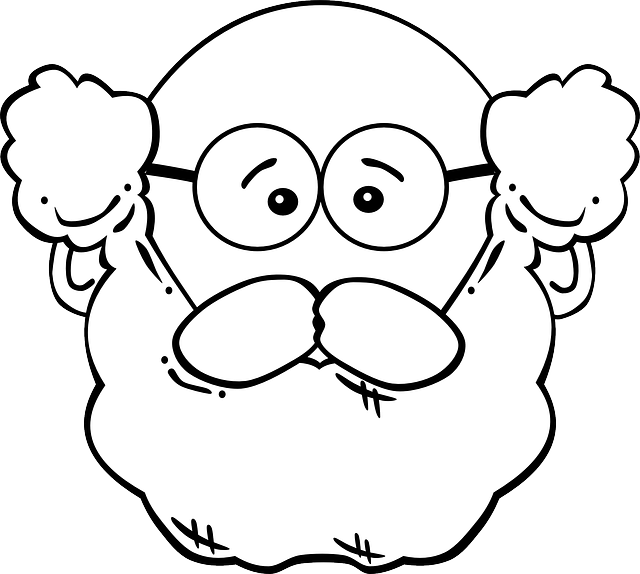

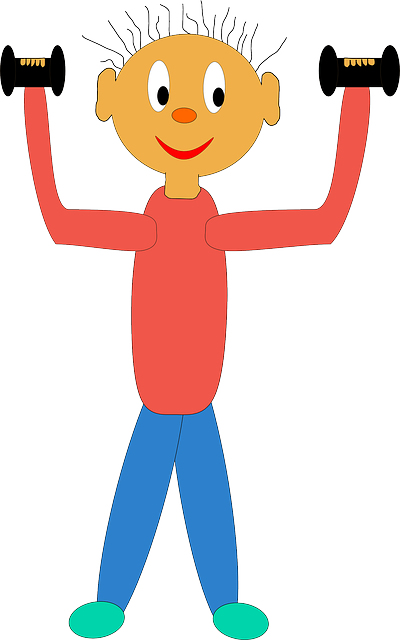
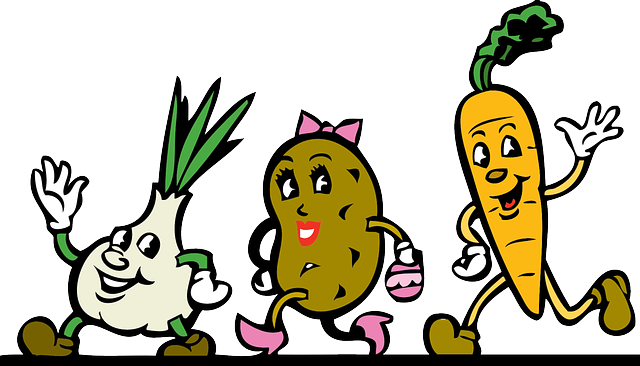
2 replies on “Why do we need Protein?”
After a long spell in the hospital where I lost 14 kgs of body weight, I was advised to take porridge made with water and honey for breakfast. This will help build up my weight and strength together with a balanced diet for lunch and dinner. My question is, is my breakfast considered a protein or should I change say to eggs, please?
High Keith, Your doctors were right advising you to take porridge for breakfast, The nutrition facts for 1 cup (81 grams) of raw oats are Protein: 10.7 grams: and I would not argue with them, but for your information I eat 4 eggs every morning for breakfast, and The average egg contains about 6–7 grams of protein, and with eating 4 each morning I am getting 24 to 28 grams of protein depending on egg size, if I was in your shoes I would take 2 or 3 boiled eggs along with my morning porridge, but of course I am not a doctor so I cannot advise that, but I am sure you understand what I mean, I wish you well, take care Ian, PS, let me know how you get on.